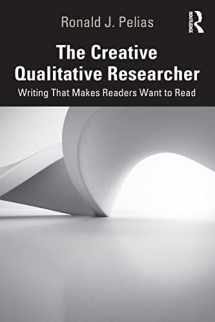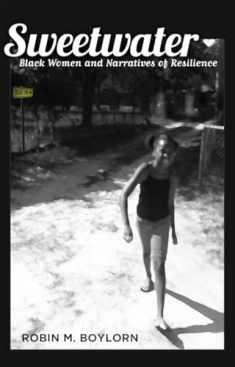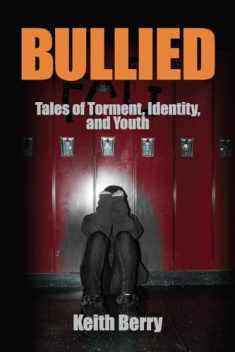
The Creative Qualitative Researcher: Writing That Makes Readers Want to Read
Book details
Summary
Description
The Creative Qualitative Researcher is designed to help readers see the range of possibilities of creative scholarship. The phrase "creative qualitative researchers" points toward scholars who call upon their literary skills to evoke the emotional and intellectual complexity of their subjects; who deploy their vulnerable, relational, and reflexive selves to expose and change problematic cultural practices; and who engage their embodied ideological and ethical sensibilities as researchers.
Part I introduces chapters on four qualitative methods: autoethnography, performative writing, narrative inquiry and poetic inquiry. Each of these four method chapters presents the method written in the style it features, provides writing prompts for exploring the chapter’s themes, and offers written examples of the method.
Part II, divided into four chapters, aims to develop creative qualitative research skills relevant to the methods discussed in Part I. Chapter 5 discusses empathy and ethics; Chapter 6 is a primer on creative writing; Chapter 7 identifies some alternative ideas for using the words of others; and Chapter 8 focuses on collaborative improvisation to compose scholarly work. Each of the chapters in Part II includes a large number of writing exercises, prompts and strategies to assist scholars in becoming better creative researchers.
By the end of the book, readers will know what creative research might entail and will have a clear understanding of the methods. Working with the various writing strategies, readers will see the potential of creative research and gain skills for its use.


We would LOVE it if you could help us and other readers by reviewing the book
Book review





